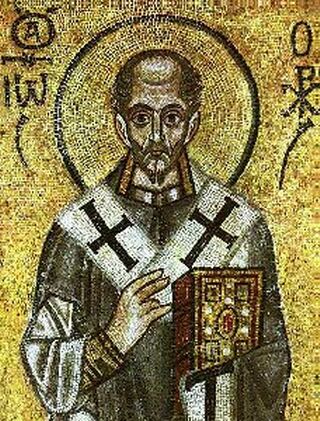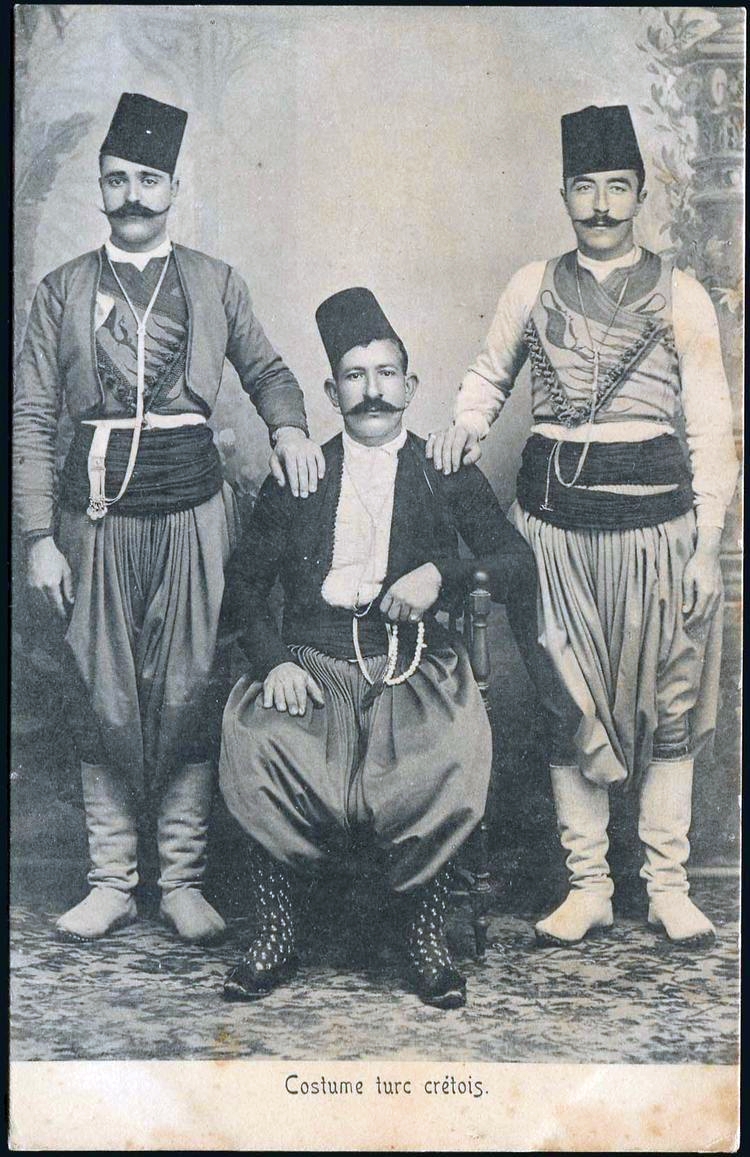|
Greeks In Lebanon
The Greeks in Lebanon (οι Έλληνες στο Λίβανο) had presence in present day Lebanon that dated to ancient times, and the Phoenicians and Greeks (both maritime peoples) shared close ties. The Greek alphabet, for example, is derived from the Phoenician one. The Greek presence is attested by several place names, and the close ties between Greeks and the Lebanese Greek Orthodox and Greek Catholic communities. History In ancient times Lebanon was the site of several Greek colonies. Following Christianization Greek culture remained a strong influence, waning as the centuries passed, though not disappearing. The city of Amioun (possibly from the word for Greeks, '' Yunan''), capital of the Koura District (in turn from the Greek ''χωριά'', "villages") in the north of the country is a living testament of that. Following the 2006 invasion of Lebanon by Israel most Greeks have fled the country, although there remains a Greek community in Beirut (Greater Beir ... [...More Info...] [...Related Items...] OR: [Wikipedia] [Google] [Baidu] |
Beirut
Beirut, french: Beyrouth is the capital and largest city of Lebanon. , Greater Beirut has a population of 2.5 million, which makes it the third-largest city in the Levant region. The city is situated on a peninsula at the midpoint of Lebanon's Mediterranean coast. Beirut has been inhabited for more than 5,000 years, and was one of Phoenicia's most prominent city states, making it one of the oldest cities in the world (see Berytus). The first historical mention of Beirut is found in the Amarna letters from the New Kingdom of Egypt, which date to the 14th century BC. Beirut is Lebanon's seat of government and plays a central role in the Lebanese economy, with many banks and corporations based in the city. Beirut is an important seaport for the country and region, and rated a Beta + World City by the Globalization and World Cities Research Network. Beirut was severely damaged by the Lebanese Civil War, the 2006 Lebanon War, and the 2020 massive explosion in the ... [...More Info...] [...Related Items...] OR: [Wikipedia] [Google] [Baidu] |
Koura District
Koura District ( ar, ٱلْكُورَة, from gr, χώρα, lit=country) is a district in the North Governorate, Lebanon. Koura is one of the 26 districts of Lebanon, particularly known for its olive tree cultivation and olive oil production. It comprises a total of 52 villages, and its capital and largest town is Amioun, with about 10,000 inhabitants as of 2010. The district stretches from the Mediterranean Sea up to Mount Lebanon, and comprises a series of foothills surrounding a low-lying plain where olive is cultivated. The olive orchards of Koura are among the most extensive in Lebanon. 72% of Koura's inhabitants belong to the Greek Orthodox confession, while the rest are split between Maronites, Sunni Muslims, Shia Muslims and a small Alawite minority. It is the only majority Greek Orthodox district in Lebanon. The University of Balamand is headquartered in the Koura District. Cities and towns *Amioun *Enfeh *Deddeh *Kousba *Kfaraakka See also *University of Balam ... [...More Info...] [...Related Items...] OR: [Wikipedia] [Google] [Baidu] |
Greeks In Syria
The Greeks in Syria arrived in the 7th century BC and became more prominent during the Hellenistic period and when the Seleucid Empire was centered there. Today, there is a Greek community of about 4,500 in Syria, most of whom have Syrian nationality and who live mainly in Aleppo (the country's main trading and financial centre), Baniyas, Tartous, and Damascus, the capital. and refers to the conquest of the Levant, which later became known as the Islamic Province of Bilad al-Sham. On the eve of the Arab Muslim conquests the Byzantines were still in the process of rebuilding their authority in the Levant, which had been lost to them for almost twenty years. At the time of the Arab conquest, Bilad al-Sham was inhabited mainly by local Aramaic-speaking Christians, Ghassanid and Nabatean Arabs, as well as Greeks, and by non-Christian minorities of Jews, Samaritans, and Itureans. The population of the region did not become predominantly Muslim and Arab in identity until nearly a mille ... [...More Info...] [...Related Items...] OR: [Wikipedia] [Google] [Baidu] |
Greeks In Saudi Arabia
The Greek diaspora, also known as Omogenia ( el, Ομογένεια, Omogéneia), are the communities of Greeks living outside of Greece and Cyprus (excluding Northern Cyprus). Such places historically include Albania, North Macedonia, parts of the Balkans, southern Russia, Ukraine, Asia Minor, the region of Pontus, Eastern Anatolia, Georgia, the South Caucasus, Egypt, southern Italy, and Cargèse in Corsica. The term also refers to communities established by Greek migration outside of these traditional areas; such as in Australia, Canada and the United States. Overview The Greek diaspora is one of the oldest diasporas in the world, with an attested presence from Homeric times to the present. Examples of its influence range from the role played by Greek expatriates in the emergence of the Renaissance, through liberation and nationalist movements involved in the fall of the Ottoman Empire, to commercial developments such as the commissioning of the world's first supertankers by s ... [...More Info...] [...Related Items...] OR: [Wikipedia] [Google] [Baidu] |
Greece–Lebanon Relations
Greece–Lebanon relations are the foreign relations between Greece and Lebanon. The relation between both people dates back to early antiquity, with the early trading activities between the ancient Greeks and the Phoenicians. In modern times, Greek-Lebanese bilateral relations are very good at all levels. Greece has an embassy in Beirut and Lebanon has an embassy in Athens. Both countries are members of the Union for the Mediterranean and the Francophonie. Greece is also considered as a spiritual reference for the Lebanese Greek Orthodox and Greek Catholic communities. History The Greek-Lebanese relations are traditionally very friendly and are characterized by mutual respect and trust. Along the historical nature between the two states, Greece has been a strong supporter of Lebanese political causes since 1948 and was the only country, along with Cyprus, to happily welcome Lebanese citizens during the Lebanese Civil War. In the diplomatic and political field, there is a good ... [...More Info...] [...Related Items...] OR: [Wikipedia] [Google] [Baidu] |
Antiochian Greek Christians
Antiochian Greek Christians (also known as Antiochian Rum (endonym), Rūm) are a Levantine Arabic-speaking ethnoreligious Eastern Christianity, Eastern Christian group residing in the Levant region. They are either members of the Greek Orthodox Church of Antioch or the Melkite Greek Catholic Church, and they have ancient roots in the Levant, more specifically, the territories of western Syria, northern and central Lebanon, western Jordan, and the southern Turkey, Turkish province of Hatay Province, Hatay, which includes the city of Antakya (ancient Antioch)—one of the holiest cities in Eastern Christianity. Many of their descendants now live in the global Christianity in the Middle East, Near Eastern Christian diaspora. With Arabic becoming the lingua franca in the Levant, they primarily speak Levantine Arabic, Levantine. History Early Era Syria was invaded by Greek king Alexander the Great in 333 B.C. and Antioch was founded by one of his generals, Seleucus I Nicator. Roman ... [...More Info...] [...Related Items...] OR: [Wikipedia] [Google] [Baidu] |
Achrafieh
Achrafieh ( ar, الأشرفية) is an upper-class area in eastern Beirut, Lebanon. In strictly administrative terms, the name refers to a sector (''secteur'') centred on Sassine Square, the highest point in the city, as well as a broader quarter (''quartier''). In popular parlance, however, Achrafieh refers to the whole hill that rises above Gemmayze in the north and extends to Badaro in the south, and includes the Rmeil quarter. Although there are traces of human activity dating back to the neolithic era, the modern suburb was heavily settled by Greek Orthodox merchant families from Beirut's old city in the mid-nineteenth century. The area contains a high concentration of Beirut's Ottoman and French Mandate era architectural heritage. During the civil war, when Beirut was separated into eastern and western halves by the Green Line, Achrafieh changed from a mostly Christian residential area (compared to bustling, cosmopolitan Hamra, in Ras Beirut) to a commercial hub in its o ... [...More Info...] [...Related Items...] OR: [Wikipedia] [Google] [Baidu] |
Syria
Syria ( ar, سُورِيَا or سُورِيَة, translit=Sūriyā), officially the Syrian Arab Republic ( ar, الجمهورية العربية السورية, al-Jumhūrīyah al-ʻArabīyah as-Sūrīyah), is a Western Asian country located in the Eastern Mediterranean and the Levant. It is a unitary republic that consists of 14 governorates (subdivisions), and is bordered by the Mediterranean Sea to the west, Turkey to the north, Iraq to the east and southeast, Jordan to the south, and Israel and Lebanon to the southwest. Cyprus lies to the west across the Mediterranean Sea. A country of fertile plains, high mountains, and deserts, Syria is home to diverse ethnic and religious groups, including the majority Syrian Arabs, Kurds, Turkmens, Assyrians, Armenians, Circassians, Albanians, and Greeks. Religious groups include Muslims, Christians, Alawites, Druze, and Yazidis. The capital and largest city of Syria is Damascus. Arabs are the largest ethnic group, and Mu ... [...More Info...] [...Related Items...] OR: [Wikipedia] [Google] [Baidu] |
Endogamy
Endogamy is the practice of marrying within a specific social group, religious denomination, caste, or ethnic group, rejecting those from others as unsuitable for marriage or other close personal relationships. Endogamy is common in many cultures and ethnic groups. Several religious and ethnic religious groups are traditionally more endogamous, although sometimes with the added dimension of requiring marital religious conversion. This permits an exogamous marriage, as the convert, by accepting the partner's religion, becomes accepted within the endogamous rules. Endogamy, as distinct from consanguinity, may result in transmission of genetic disorders, the so-called founder effect, within the relatively closed community. Adherence Endogamy can serve as a form of self-segregation; a community can use it to resist integrating and completely merging with surrounding populations. Minorities can use it to stay ethnically homogeneous over a long time as distinct communities withi ... [...More Info...] [...Related Items...] OR: [Wikipedia] [Google] [Baidu] |
Lebanese Civil War
The Lebanese Civil War ( ar, الحرب الأهلية اللبنانية, translit=Al-Ḥarb al-Ahliyyah al-Libnāniyyah) was a multifaceted armed conflict that took place from 1975 to 1990. It resulted in an estimated 120,000 fatalities and an exodus of almost one million people from Lebanon. The diversity of the Lebanese population played a notable role in the lead-up to and during the conflict: Sunni Muslims and Christians comprised the majority in the coastal cities; Shia Muslims were primarily based in the south and the Beqaa Valley in the east; and Druze and Christians populated the country's mountainous areas. The Lebanese government had been run under the significant influence of elites within the Maronite Christian community. The link between politics and religion had been reinforced under the French Mandate from 1920 to 1943, and the country's parliamentary structure favoured a leading position for its Christian-majority population. However, the country had a ... [...More Info...] [...Related Items...] OR: [Wikipedia] [Google] [Baidu] |
Greco-Turkish War (1897)
The Greco-Turkish War of 1897 or the Ottoman-Greek War of 1897 ( or ), also called the Thirty Days' War and known in Greece as the Black '97 (, ''Mauro '97'') or the Unfortunate War ( el, Ατυχής πόλεμος, Atychis polemos), was a war fought between the Kingdom of Greece and the Ottoman Empire. Its immediate cause involved the status of the Ottoman province of Crete, whose Greek-majority population had long desired union with Greece. Despite the Ottoman victory on the field, an autonomous Cretan State under Ottoman suzerainty was established the following year (as a result of the intervention of the Great Powers after the war), with Prince George of Greece and Denmark as its first High Commissioner. The war put the military and political personnel of Greece to test in an official open war for the first time since the Greek War of Independence in 1821. For the Ottoman Empire, this was also the first war-effort to test a re-organized military system. The Ottoman a ... [...More Info...] [...Related Items...] OR: [Wikipedia] [Google] [Baidu] |
Greek Muslim
Greek Muslims, also known as Grecophone Muslims, are Muslims of Greek ethnic origin whose adoption of Islam (and often the Turkish language and identity) dates to the period of Ottoman rule in the southern Balkans. They consist primarily of the descendants of the elite Ottoman Janissary corps and Ottoman-era converts to Islam from Greek Macedonia (e.g., Vallahades), Crete (Cretan Muslims), and northeastern Anatolia and the Pontic Alps (Pontic Greeks). They are currently found mainly in the west of Turkey (particularly the regions of Izmir, Bursa, and Edirne) and the northeast (particularly in the regions of Trabzon, Gümüşhane, Sivas, Erzincan, Erzurum, and Kars). Despite their ethnic Greek origin, the contemporary Grecophone Muslims of Turkey have been steadily assimilated into the Turkish-speaking Muslim population. Sizable numbers of Grecophone Muslims, not merely the elders but even young people, have retained knowledge of their respective Greek dialects, such as Cretan ... [...More Info...] [...Related Items...] OR: [Wikipedia] [Google] [Baidu] |

_in_Lebanon.jpg)






